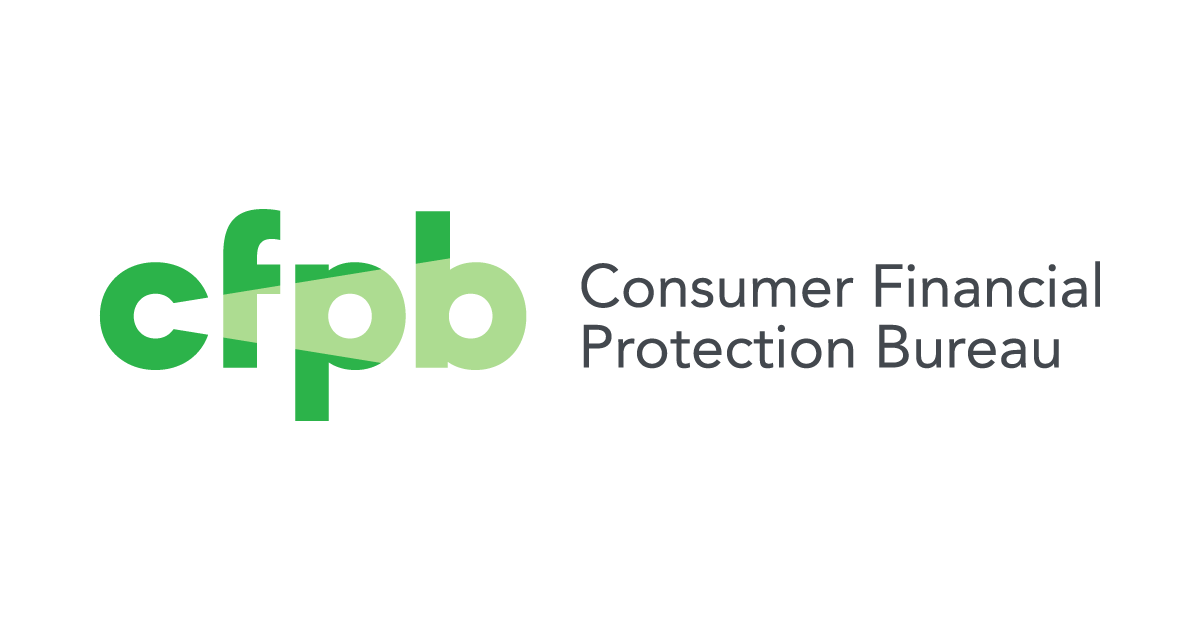Bureau Publishes Action Letters for Child Welfare Caseworkers to Send to Credit Bureaus
Washington, D.C. – The Consumer Financial Protection Bureau (CFPB) today took action to better protect children in the foster care system from credit reporting problems that could compromise their future credit. The Bureau published action letters for child welfare caseworkers to send to credit bureaus if they find errors on the credit reports of the children in their care.
“The Bureau is very concerned about foster care children’s vulnerability to credit reporting problems that can wreak financial havoc for them,” said CFPB Director Richard Cordray. “We want to help ensure that youth leave foster care with clean credit so that they have a firm foundation for their financial future.”
Credit reporting touches the financial lives of nearly each and every American and can be of particular significance to youth in foster care as they are more susceptible to credit problems and identity theft. The nearly 400,000 children in the United States foster care system often lack a permanent address, and their personal information is frequently shared among numerous adults and agency databases.
Federal law requires that state child welfare agencies—in order to become eligible for federal grants—ensure that youth in foster care who are 16 and older receive a free copy of any credit reports annually. The law also requires that the agencies ensure that these youth get assistance in interpreting and resolving any inaccuracies in the reports. As a result of this law, child welfare agencies have started setting up arrangements with the three nationwide credit bureaus, Experian, Equifax, and TransUnion. Each of the credit bureaus has established an online portal that caseworkers can use to request credit reports for the youth in the care of their agency.
It is critical to help youth identify and correct any credit errors before they leave the foster care system. It is often easier to correct such errors before a young person turns 18 because it may be easier to demonstrate that the information in the credit report is incorrect when the person is a minor.
Today, the CFPB is publishing three action letters that can help those working with youth in foster care if they discover an error in youths’ credit reports. The letters apply to certain situations like:
- A credit report should not exist for the minor: Minors generally cannot legally enter into contracts for credit, which means that credit reporting agencies do not knowingly create reports on them. Consequently, any credit reports on minors are typically the result of fraud or error. Caseworkers should use this letter if they find that that a minor in foster care has a credit report but should not. This letter tells a credit bureau that the credit report has been reviewed and that the youth is disputing all items because he or she does not recognize any of the accounts.
- The credit report has errors from before the youth turned 18: There are some limited circumstances when youth under 18 would have a credit report, for example being an authorized user on a credit card, but generally that is not the case. Caseworkers should use this letter if someone in foster care, who is now 18 or older, has activity on their credit report from when they were a minor that is inaccurate. This letter tells the credit bureau that the credit report has been reviewed and that there should not be credit activity from before the youth turned 18.
- The credit report has errors for foster care youth over 18: In some circumstances, foster care extends past the age of 18. Being over the age of 18 creates more access to credit and more opportunities for credit damage. This letter should be used if a caseworker needs to dispute a credit report error for someone in foster care who is 18 or older and the error is related to accounts that were opened when he or she was an adult. This letter informs the credit bureau that the credit report has been reviewed and an error has been found on the credit report.
The CFPB is also publishing tip sheets for parents and foster care caseworkers to help young people to start and maintain good credit. For caseworkers, the tip sheet provides instructions on how to check the credit records of youth in foster care and how to respond if there is an error on a credit report or evidence of identity theft. For parents, the tip sheet explains how they can check to see if their children have a credit report and what to do if they believe their children’s credit has been compromised.
The CFPB will continue to coordinate closely with the Federal Trade Commission as well as other agencies and institutions involved in addressing credit issues facing children in the United States who age out of foster care every year.
The Bureau began accepting complaints about credit reporting in October 2012. To submit a complaint, consumers age 18 and older can:
- Go online at consumerfinance.gov/complaint
- Call the toll-free phone number at 1-855-411-CFPB (2372) or TTY/TDD phone number at 1-855-729-CFPB (2372)
- Fax the CFPB at 1-855-237-2392
- Mail a letter to: Consumer Financial Protection Bureau, P.O. Box 4503, Iowa City, Iowa 52244
- Additionally, through “Ask CFPB,” consumers can get clear, unbiased answers to their questions at consumerfinance.gov/askcfpb or by calling 1-855-411-CFPB (2372).
Copies of the tip sheets will be available later today at: https://www.consumerfinance.gov/blog/how-to-protect-vulnerable-children-from-identity-theft/#tips
Official news published at https://www.consumerfinance.gov/about-us/newsroom/cfpb-releases-tools-to-protect-foster-care-children-from-credit-reporting-errors/
Images courtesy of PixaBay


